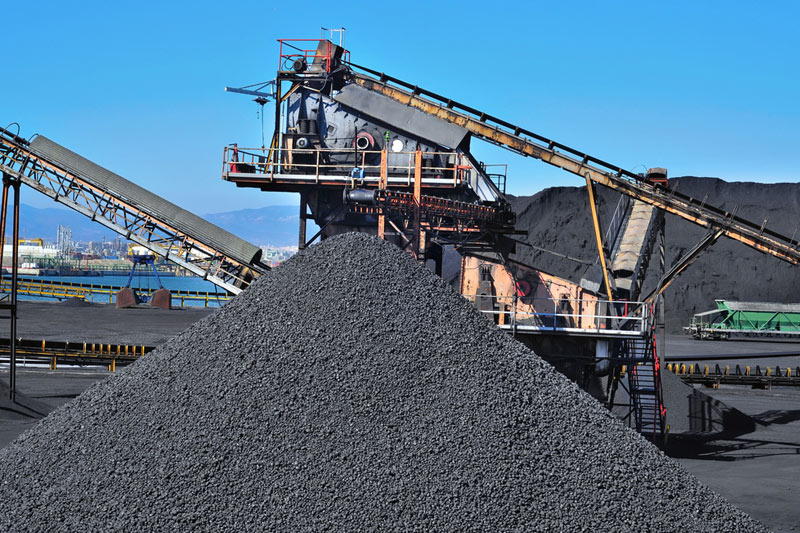(Updates with comment from ports of Newcastle, Brisbane, adds details, paragraphs 1, 4-13)
By Colin Packham
SYDNEY, Dec 10 (Reuters) - The export of coal from Australia's largest coal terminals was disrupted on Thursday after protesters chained themselves to equipment, causing a temporary halt to some operations.
Activists, demanding that Australia commit to reducing its reliance on the coal industry, caused a disruption to the operations of Newcastle Port, the world's biggest thermal coal export terminal, and the Port of Brisbane and Port Kembla.
Australia's biggest coal companies, including BHP Billiton Ltd BHP.AX BLT.L , Glencore Plc GLEN.L , Rio Tinto RIO.AX RIO.L and Peabody Energy Corp BTU.N , and China's Yancoal Australia Ltd YAL.AX , rely on the port.
Operations at Newcastle port were halted for three hours after three protesters chained themselves to a conveyor, said a spokeswoman for 350.org, the climate activist organisation behind the protest. The protesters at Newcastle Port were removed shortly after 8 a.m. local time (2100 GMT Wednesday).
Newcastle port spokeswoman Lauren Eyles said operations were not disrupted by the action, which was now a police matter.
"Shipping movements have not been affected," Eyles said.
Newcastle handles more than 4,000 ship movements annually, more than 90 percent of them loaded with coal.
Several hours after the coordinated protest got underway, a single protester remained suspended from a cable attached to a rail line preventing coal from getting to the Port of Brisbane. Police were not immediately available for comment and it was unclear if attempts were underway to remove the protester.
Howevever, the Port of Brisbane said in a statement disruptions would likely be limited.
"Main port operations are not affected, however we expect there will be some delays to rail operations," the statement said.
There were also no disruptions to shipping reported at Port Kembla.
Australia, which relies on coal-fired power stations for electricity, has the world's highest carbon emissions per capita. Tens of thousands of workers are employed in collieries and whole towns rely on mines for their livelihood.
More than half the world's steel-making coal, worth A$40 billion ($28.9 billion) a year, comes from Australia.
($1 = 1.3826 Australian dollars) (Additonal reporting by James Regan; Editing by Paul Tait)
